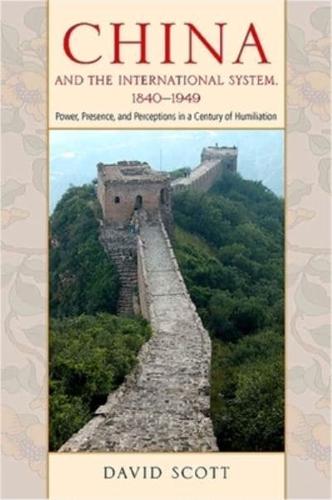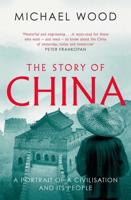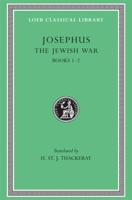Publisher's Synopsis
As China continues its rapid ascent within the international system, questions of where it came from have particular relevance. Combining history with international relations theory, David Scott considers China's first substantive modern period of encounter with the West from 1840 through 1949, a period characterized as the Century of Humiliation. During this time China fell from Middle Kingdom preeminence to a position in the international system that remained an enigmatic and challenging one: too strong to be taken over as a colony, yet not strong enough to shape its own destiny. At the heart of Scott's study is encounter, and, with it, questions of power, presence, and perceptions. He examines the images, hopes, and fears that were evoked during China's century-long subservience to external powers, including opposing views of China as a threat or China as the "sick man of Asia" and the West as evil or the West as savior. China and the Chinese are explored in terms of their interaction with the international system, with a particular focus on America and Australia.









